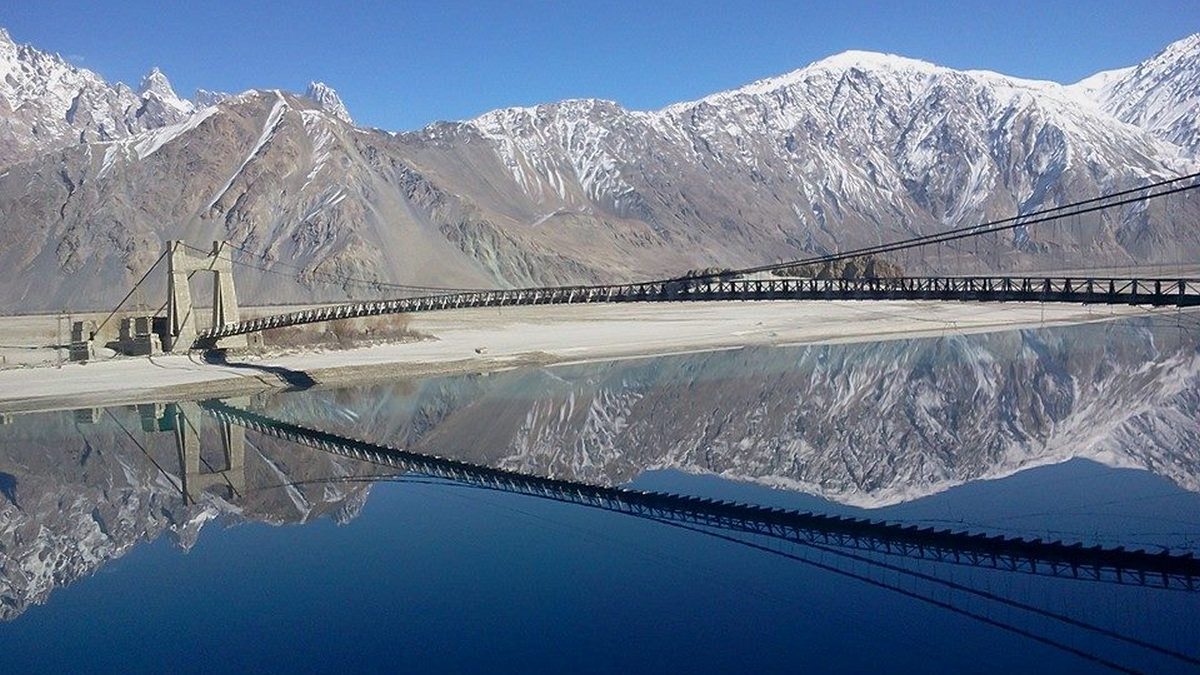The issue of Gilgit-Baltistan has always cast a controversial shadow over the ever-prominent destiny and future of Kashmir. History states the state of Jammu and Kashmir is subject to various territorial accession and recession. Gilgit before being a sensitized issue was once a princely state ruled by Raja Hari Singh and later was leased to Britishers. On deciding to accede in India in October 1947, Gilgit scouts and soldiers rose to rebellion and took over Baltistan which was then a part of Ladakh. The rebellion led by the British Commander Major William Alexander Brown further captured the territories of Skardu, Kargil, and Dras, which was later won over by India in August 1948.
However, before the comprehensive victory of the Indian Army, a revolutionary political group om1st November 1947, boastfully announced that Gilgit-Baltistan is an independent free state. Although, this little stint did not pan out the way the Revolutionary Council of Gilgit-Baltistan envisioned and later decided to accede to Pakistan. The accession was duly conditional as Pakistan attained full administrative control over the region, and govern the region directly according to the Frontier Crimes Regulation, an unruly gift bestowed by the Britishers to exploit the tribal areas of the northwest.
The conditions were not still stagnant as following the India-Pakistan ceasefire in 1949, Pakistan underwent an agreement with Azad Jammu and Kashmir’s provisional government, which enabled Pakistan’s government to administer control over Gilgit Baltistan’s defense as well as foreign affairs.
Pakistan’s constitution never incorporated Gilgit-Baltistan as a province despite it being a state of geographical significance owing to the pending resolution for Kashmir in the hands of the United Nations. However, post the horrors of 9/11 which maligned the global image of Pakistan, the nation had to carry out rampant administrative changes as a suggestive measure. As a result, China’s involvement in the country expanded and the issue of Gilgit-Baltistan surfaced, as it was the only land between Pakistan and China. The vital nature of the land enticed China which forced the Pakistani government to bring in the Gilgit-Baltistan Empowerment and Self-governance order in 2009. This order replaced the already instated Northern Areas Legislative Council in place and paved the way for Gilgit-Baltistan’s autonomy.
November 1 is celebrated as the Independence Day of Gilgit-Baltistan. Therefore, during the occasion last year, the Prime Minister of Pakistan announced that his government would award ‘provisional provincial status’ to the state. In addition, several other amendments were made in the 26th Constitutional Amendment Bill, to enable Gilgit-Baltistan in proper representation in the Parliament. This kind of active representation and direct accession under the umbrella of Pakistan is what makes the whole situation critically important for India. The collective and unequivocal opinion of the thinkers here feel that this cushiony bed of flowers and lustrous comradery between Pakistan and Gilgit-Baltistan is simply an act of appeasement to China. The sheer cornering of Gilgit-Baltistan in Pakistan’s chamber would enable China to exploit the geographical resources of the region and would only inch closer to India. This underhand quid-pro-quo arrangement of Pakistan with China with respect to Gilgit-Baltistan is of grave nature and India is, therefore, alert and vigilant.

